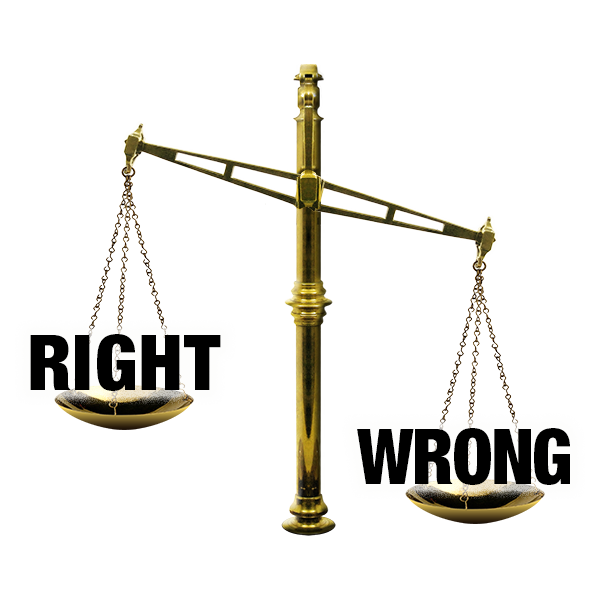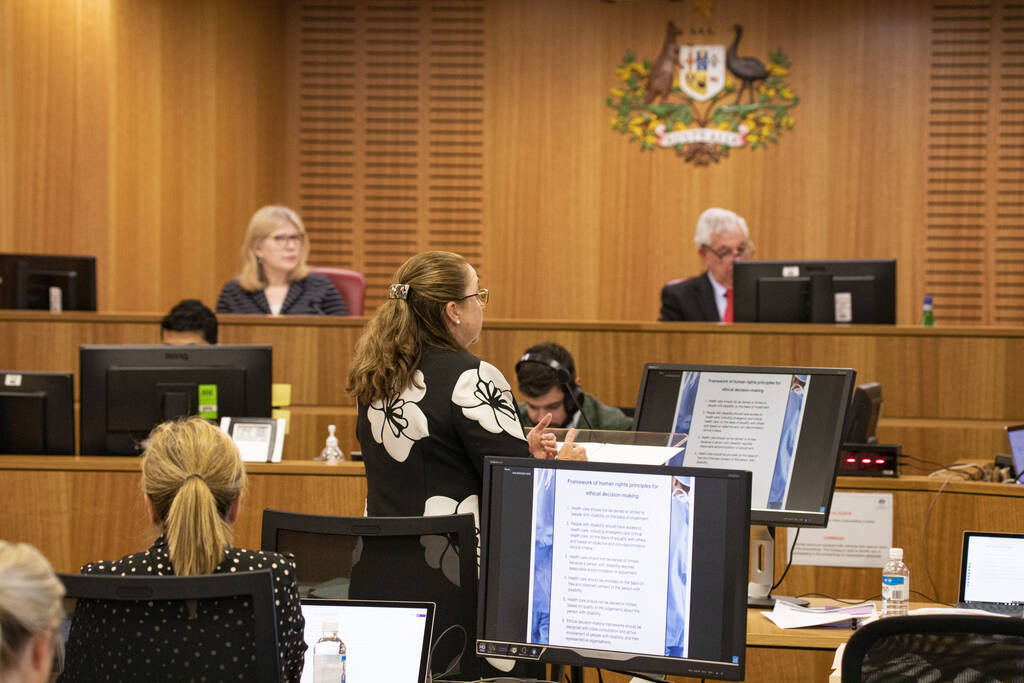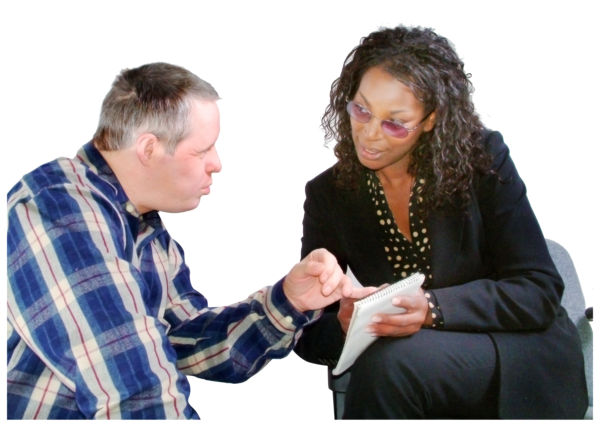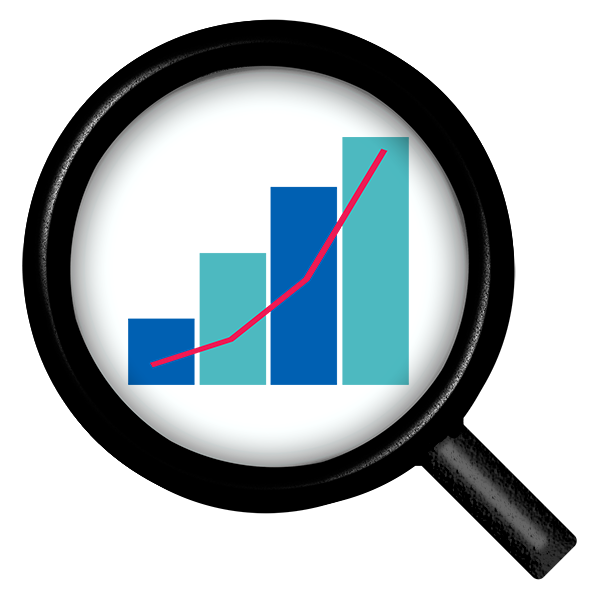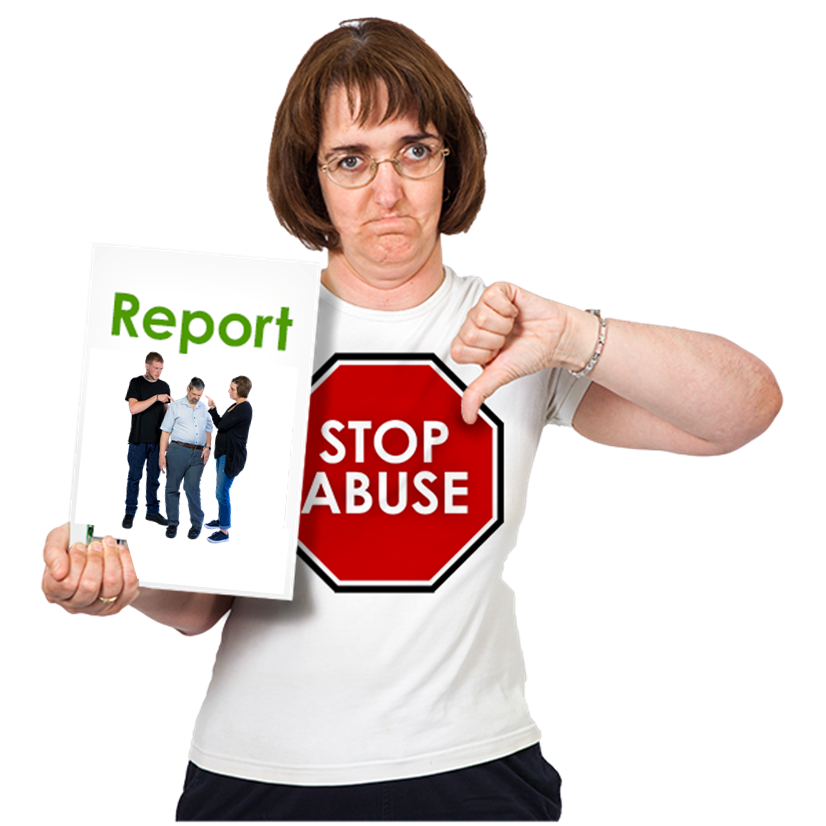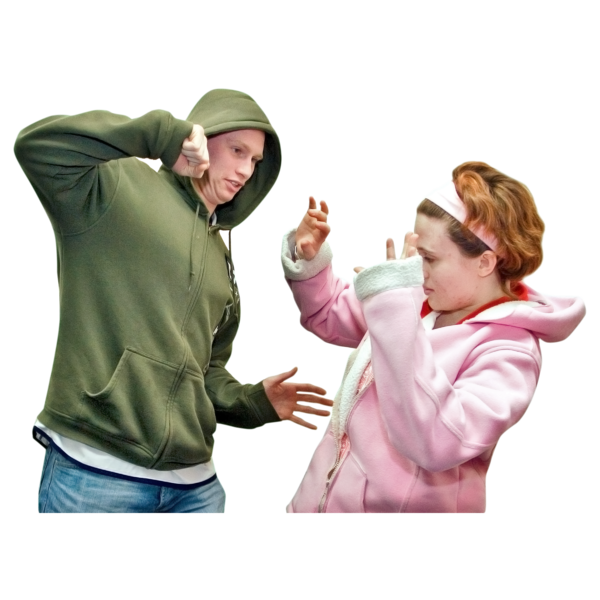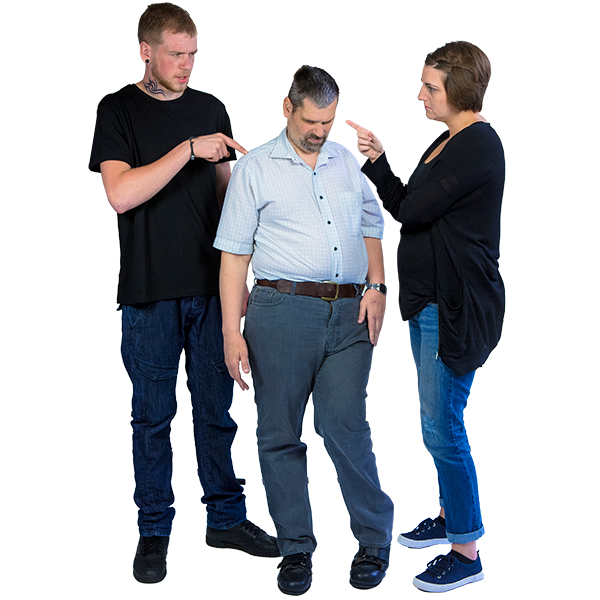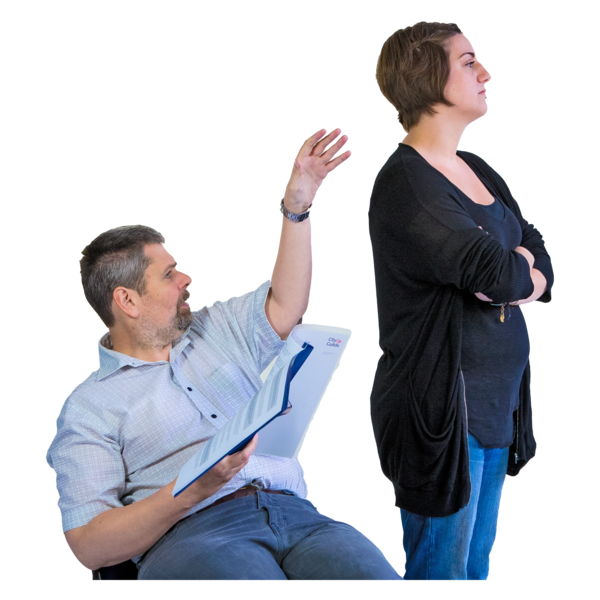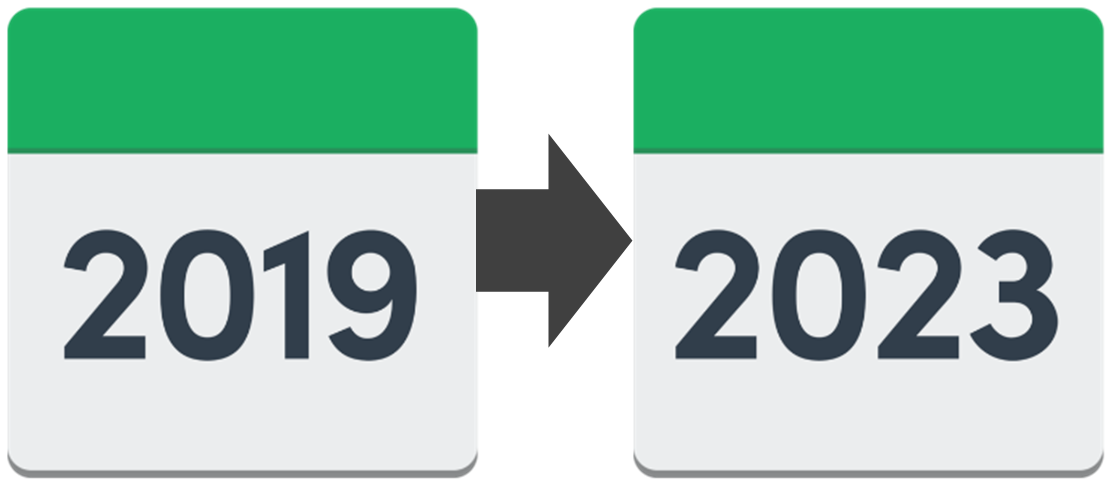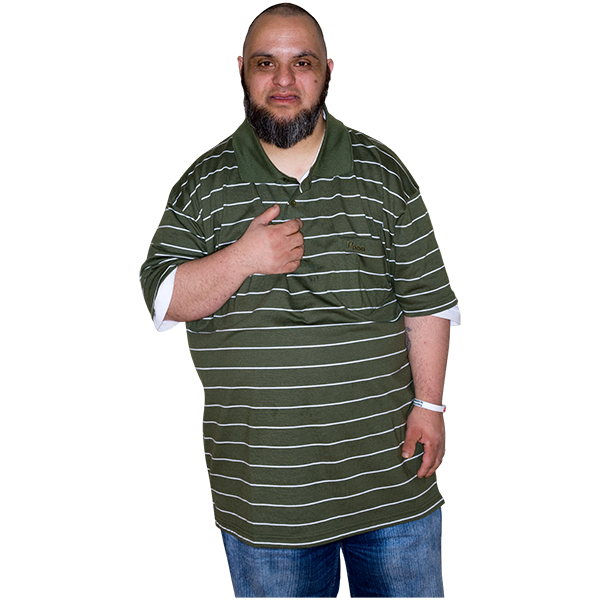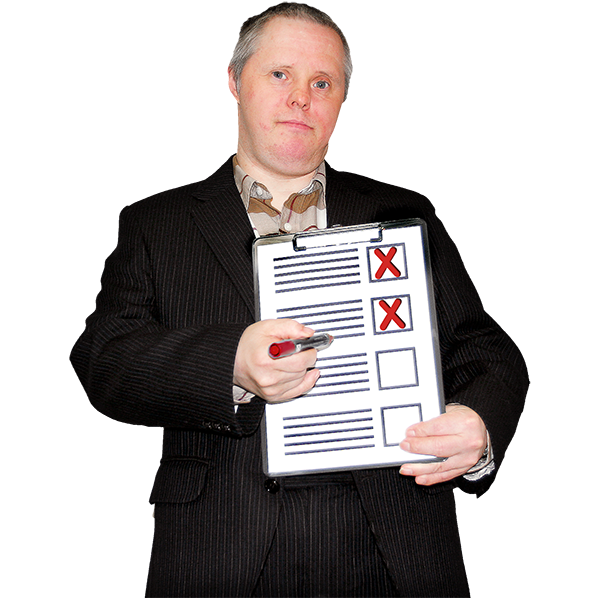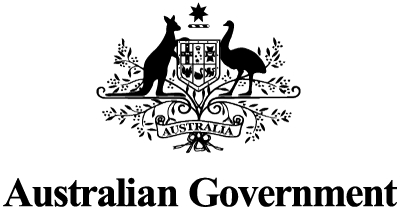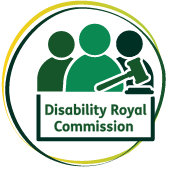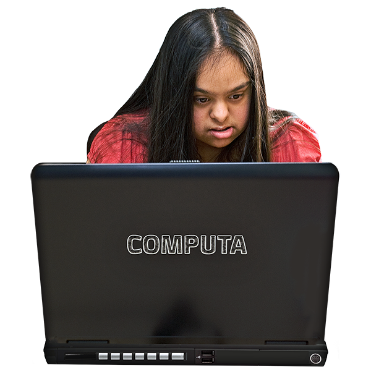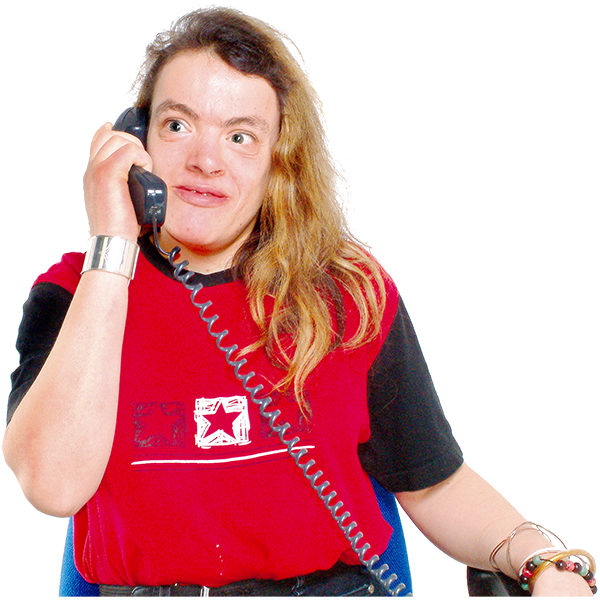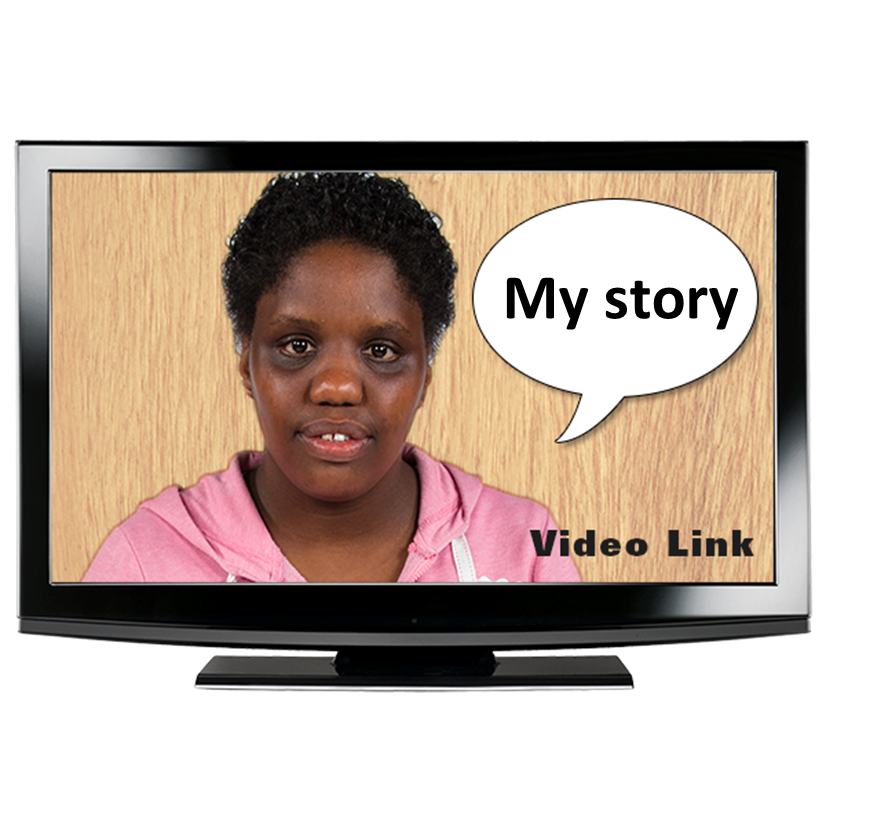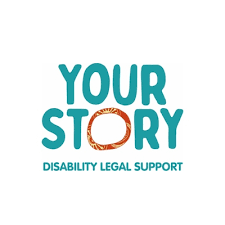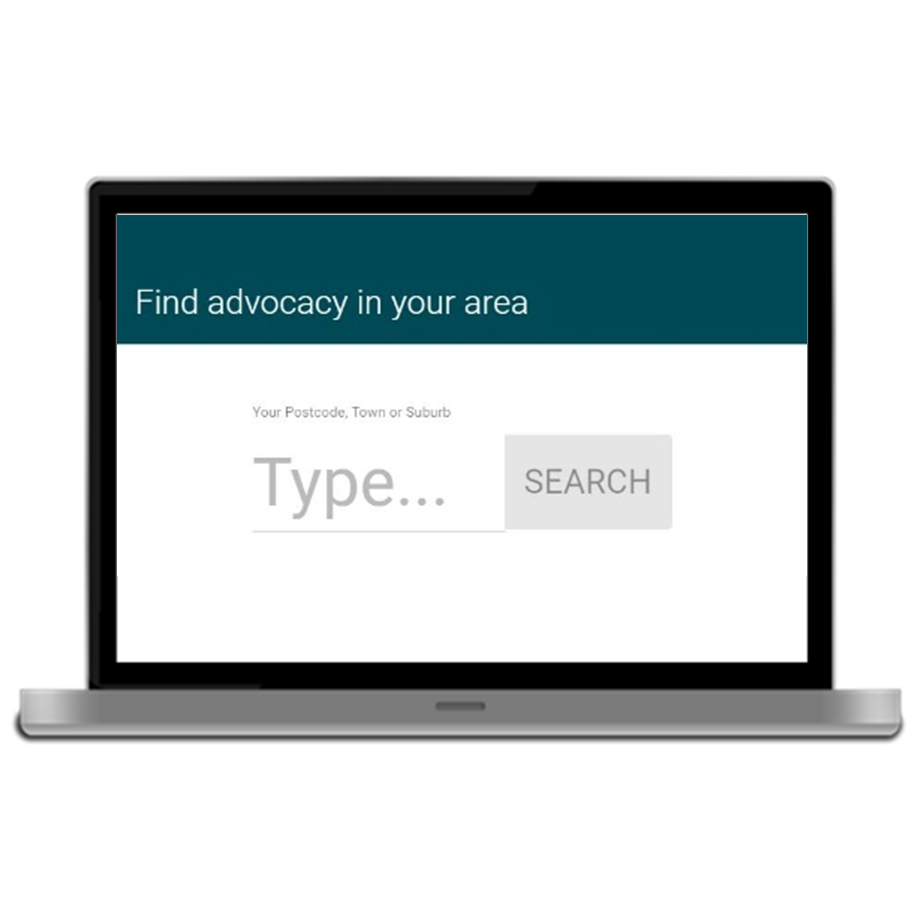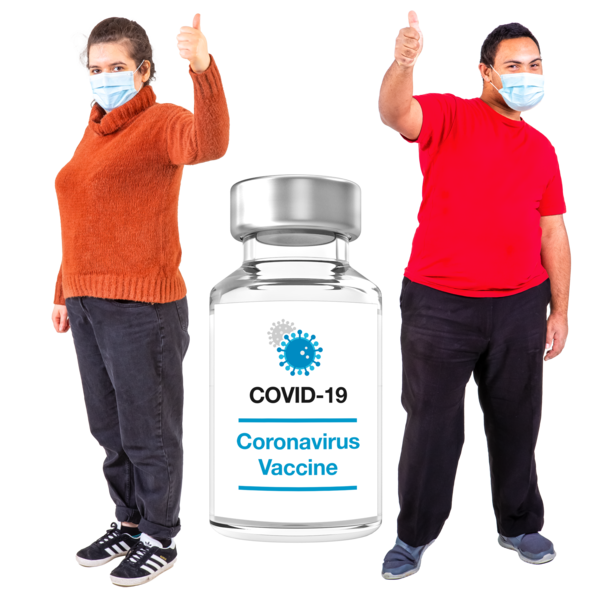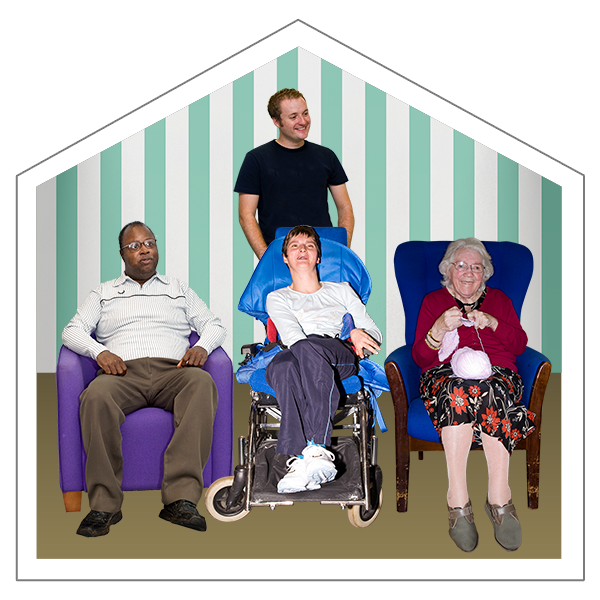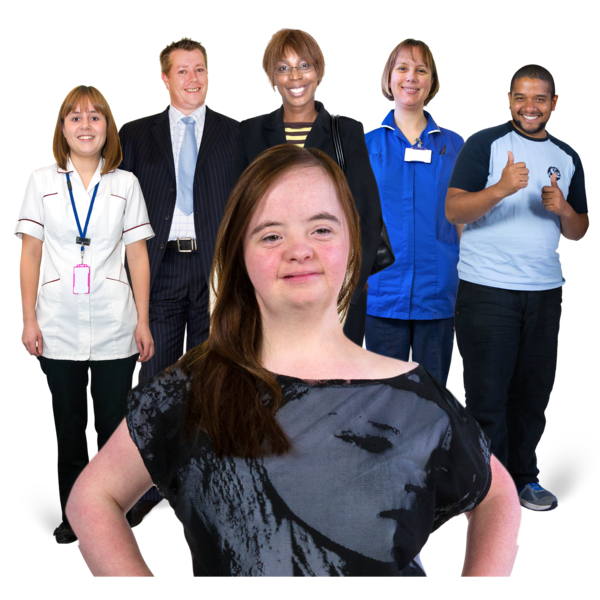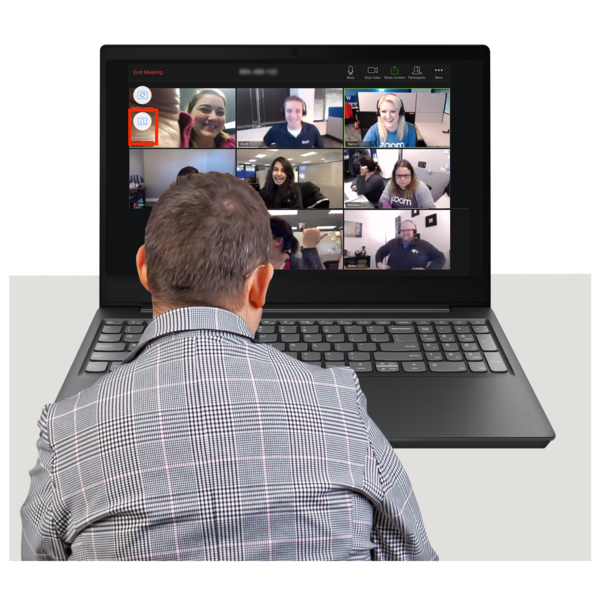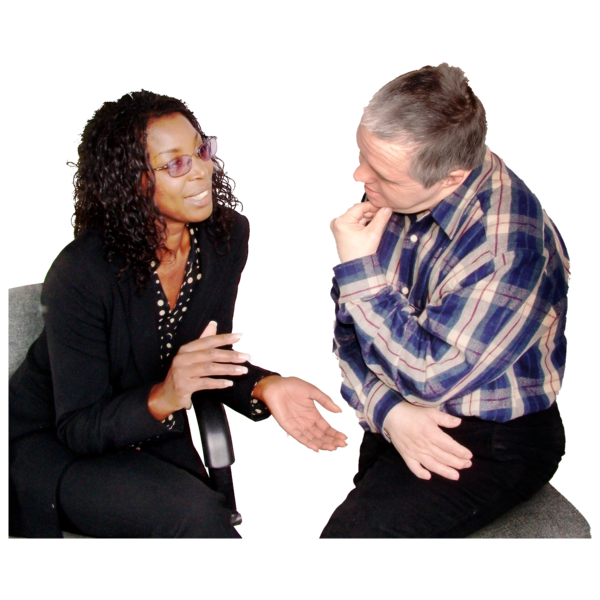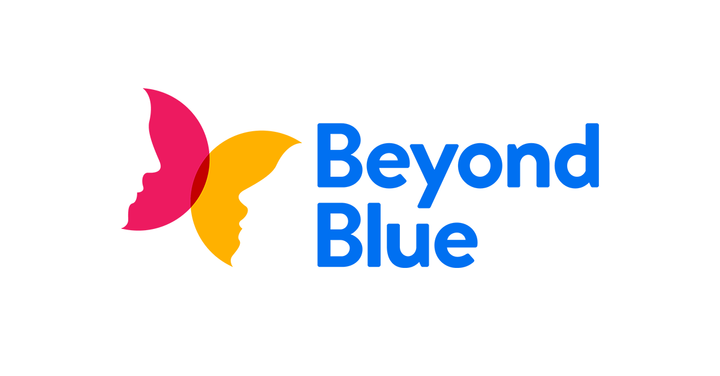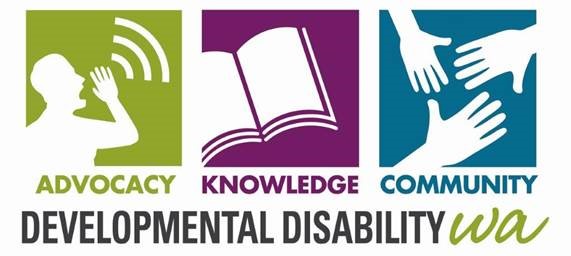What is a Royal Commission?
A Royal Commission is a big investigation about a very important issue.
A Royal Commission tries to understand what is not working and how to fix it.
They do this by:
- holding public hearings
- listening to people’s stories
- doing research.
A Royal Commission uses this information to tell the Government what needs to change.
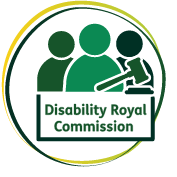
The Disability Royal Commission (DRC) is about violence, abuse, neglect and exploitation of all people with disability in Australia.
The DRC started in 2019 and will run until September 2023.
Why do we need a Disability Royal Commission?
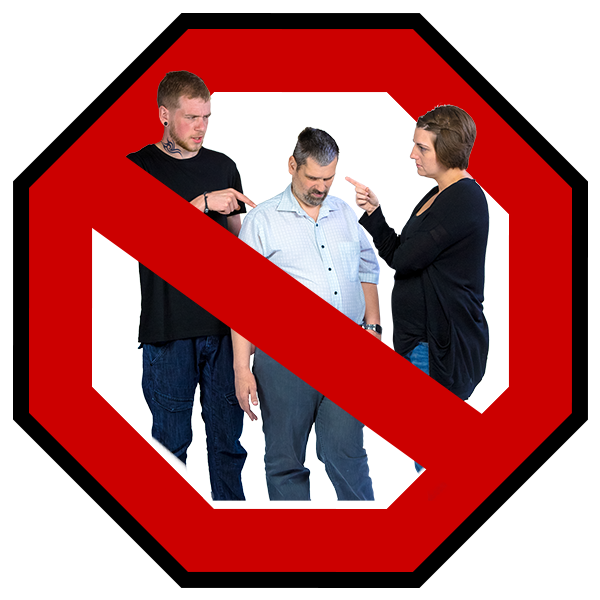
Inclusion Australia and its members campaigned hard with other disability organisations for this Royal Commission.
Read our media release calling for a Disability Royal Commission.
Too many people with disabilities have been hurt through violence, abuse, neglect and exploitation.
Many systems set up to protect people with disabilities have also failed and are unsafe.
People with an intellectual disability are especially at risk.
Read our report on violence, abuse, neglect and exploitation faced by people with intellectual disabilities.
How you can get involved
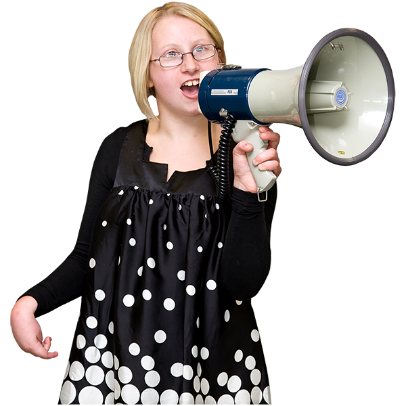
Share your story
The DRC wants to hear about violence, abuse, neglect and exploitation from people with disability, their families and supporters.
This helps them understand what is not working and what needs to be done to fix it.
If you have a story you would like to share, you can
- share your story online
- share your story over the phone
- make a video or audio recording.
The Disability Royal Commission website has resources to help you share your story.
Advocacy organisations in each State and Territory can support you to share your story.
Use Disability Advocacy Finder to find an advocacy organisation near you.
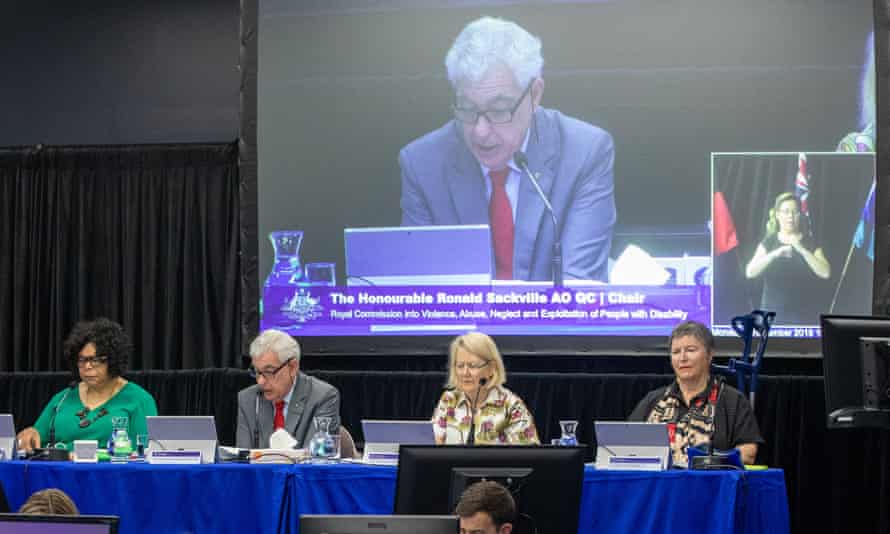
Watch the public hearings
The DRC is holding public hearings around Australia.
A public hearing is a formal meeting with rules about how it runs.
Public hearings hear stories directly from people with disability, their families and supporters.
Watch the public hearings on the Disability Royal Commission website.
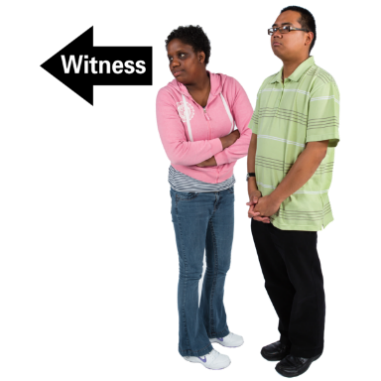
Be a witness
Some people who share their story are asked to be a witness at a public hearing.
A witness is a person who has an important story to tell.
Your Story Legal Support can help support you if you agree to be a witness.
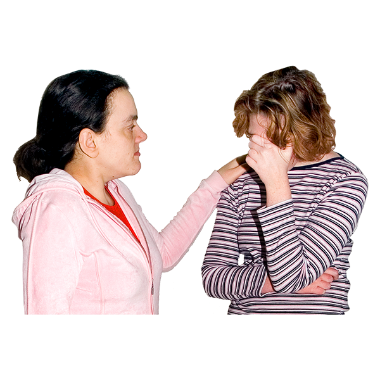
Get support
The stories told to the DRC are difficult for many people.
Free counselling services are available if anything about the Disability Royal Commission has raised concerns for you.
Blue Knot Foundation runs free counselling for people with disability and their families.
The Department of Social Services website has a full list of support services in each State and Territory.
You can also get free 24-hour support from:
- Beyond Blue – 1300 224 636
- Lifeline – 13 11 14
- 1800 Respect – 1800 737 732.
Our advocacy

We are one of 8 national organisations funded by the DRC to provide systemic advocacy for the DRC. This helps us:
- appear as a witness at public hearings
- make submissions at public hearings
- give feedback to the DRC
- make Easy Read and Plain English materials
- speak to the media about the DRC.
See our submissions to the DRC.
When the COVID19 pandemic hit in 2020, we used this funding to:
- set up the Advokit website with Disability Advocacy Network Australia to provide information about the pandemic
- make resources for people with intellectual disability about the vaccine.
Making the DRC safer and more accessible
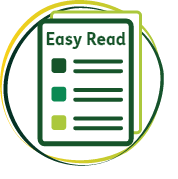
We work closely with the DRC to make it safer and more accessible for people with an intellectual disability.
This includes:
- advising on best practice for consultations with people with intellectual disability
- setting up outreach hearings through our member organisations so that people with intellectual disability can give evidence in an environment that they feel safer in
- helping DRC support services provide appropriate support for people with intellectual disability.
We also collected stories from people with intellectual disability, their families and advocates about the topics covered by the DRC.
Our submissions to the DRC
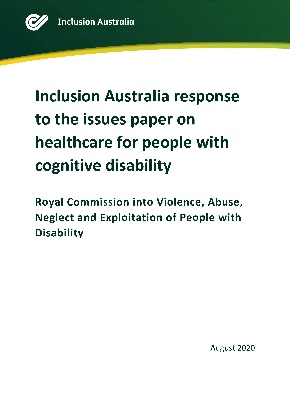
Healthcare
People with intellectual disability face ‘stark health inequalities’ compared with the general population.
In August 2020, we made a submission to the DRC on healthcare for people with intellectual disability.
Read our submission on healthcare for people with intellectual disability.
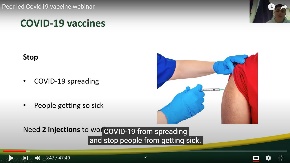
COVID-19
The Covid-19 pandemic has had an enormous impact on all our lives. But health inequalities have made people with intellectual disability especially vulnerable.
In May 2021, we gave evidence on the impact of the government’s response to the pandemic on people with intellectual disability.
Read our witness statement on the impact of Covid-19 pandemic on people with intellectual disability.
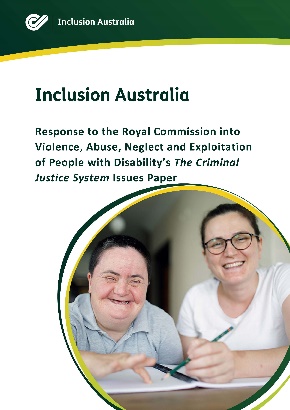
Criminal Justice System
Urgent reform is needed to make sure people with intellectual disability can access their human rights in the criminal justice system.
In June 2021, we made a submission on the rights of people with intellectual disability in the Criminal Justice System.
Read our submission on people with intellectual disability in the criminal justice system.
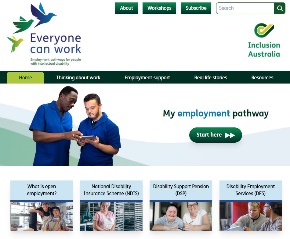
Employment
People with intellectual disability experience very low rates of employment and face many barriers to finding and keeping a job.
In November 2020, we made several submissions and witness statements to the Public Hearing on Employment.
Read our submission on employment for people with intellectual disability.
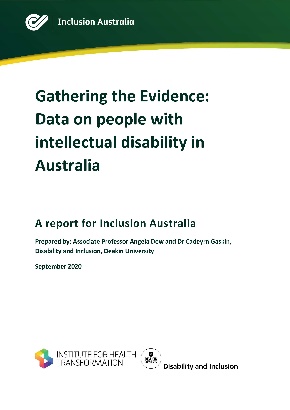
Data and statistics
There are too many gaps in what we know about people with intellectual disability in Australia.
In October 2020, we submitted a report about what we know and what we don’t know about people with intellectual disability in Australia.
Read our report on data on people with intellectual disability.
DRC resources

Disability Advocacy Network Australia (DANA)
DANA has lots of resources about the DRC, including:
- sharing your story
- finding an advocacy organisation
- getting legal support.
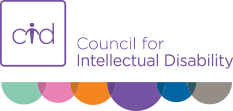
Council for Intellectual Disability (CID)
CID has Easy Read information about the DRC, including:
- what is the DRC
- having your say at the DRC
- public hearings at the DRC.

Speak Out Tasmania
Speak Out provide advocacy support for people:
- affected by violence, abuse, neglect and exploitation
- who want to tell their story at the DRC.

VALID
VALID provide advocacy support for people:
- affected by violence, abuse, neglect and exploitation
- who want to tell their story at the DRC.
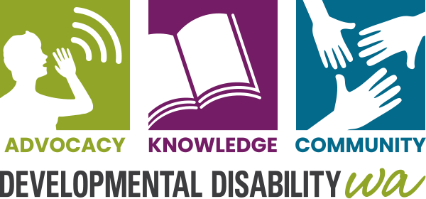
Developmental Disability WA (DDWA)
DDWA have links to Easy Read information about how to share your experience with the DRC.
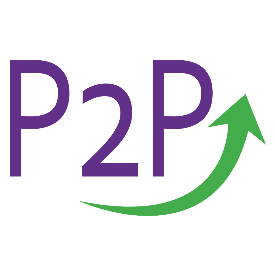
Parent 2 Parent
Parent 2 Parent have information about counselling, legal and advocacy support services available to support people giving evidence at or affected by the DRC.


